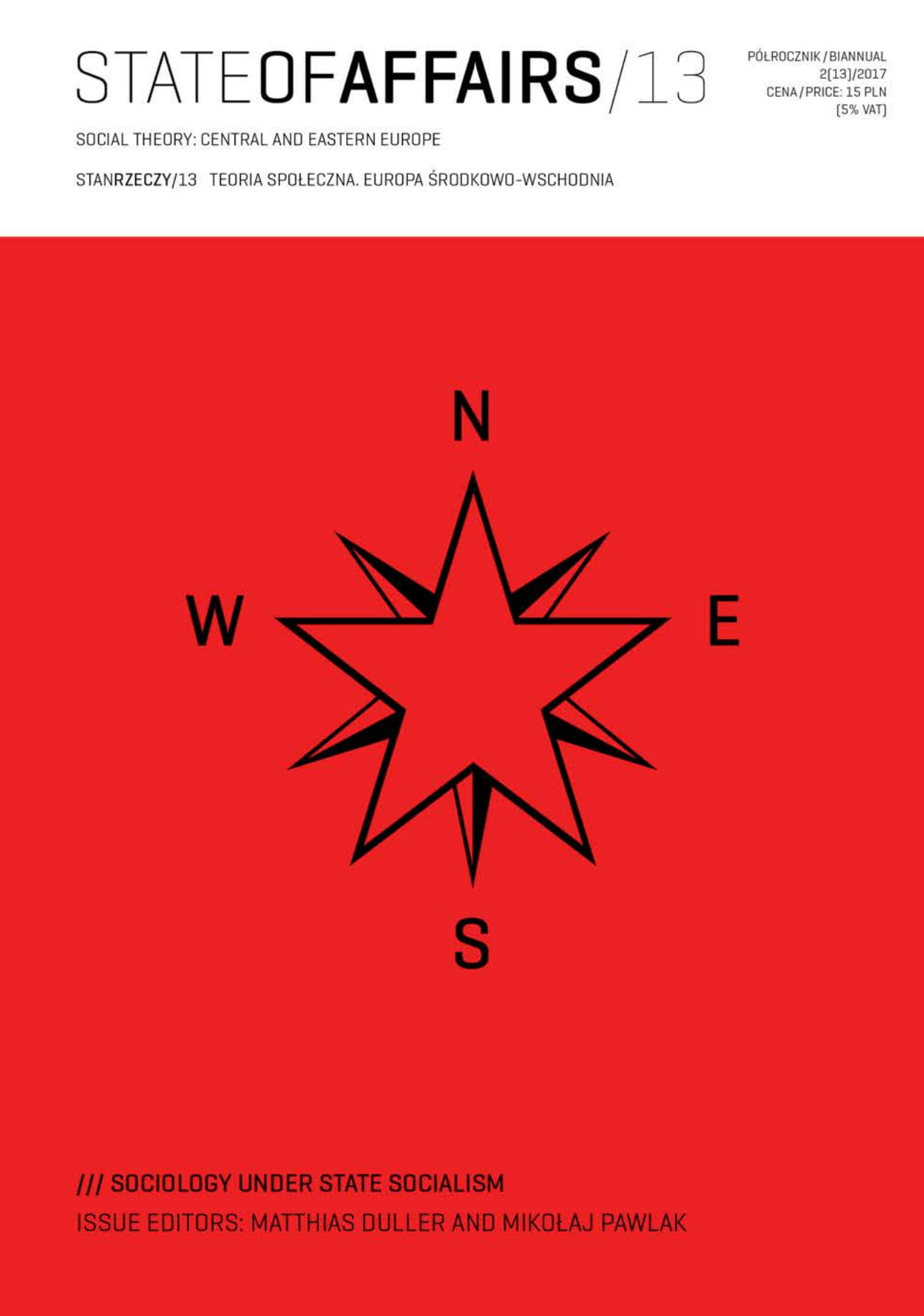Polish Sociology between the Project of Organised Development and the Idea of a Return to Normality
Polish Sociology between the Project of Organised Development and the Idea of a Return to Normality
Author(s): Agnieszka Kolasa-NowakContributor(s): Piotr Styk (Translator)
Subject(s): History, Social Sciences, Sociology, History and theory of sociology, Social Theory
Published by: Wydział Socjologii Uniwersytetu Warszawskiego
Keywords: induced development;modernisation;post-communist transformation;post-war Polish sociology;public role of sociology
Summary/Abstract: For all the post-war decades sociology in Poland has been focused on problems that are typical of peripheral modernising societies. The aim of this text is to identify, from today’s perspective, successive stages of sociology’s development after the Second World War. In the beginning, sociology was focused on perceiving the communist revolution as a social laboratory. In the 1960s and 1970s, Polish society underwent enforced industrialisation and urbanisation. In the next decade, studies were dominated by critical analysis of the communist system in crisis. After 1989, social scientists started to study the post-communist transformation, which was seen as a “return to normality.” The entire time, sociological studies oscillated between the monitoring of project implementation and the recording of new grass roots processes. The author considers that sociology’s recent departure from the narrative of catching up and imitation creates a chance for a more precise view of social processes in Poland.
Journal: Stan Rzeczy
- Issue Year: 2017
- Issue No: 13
- Page Range: 67-91
- Page Count: 25
- Language: English

